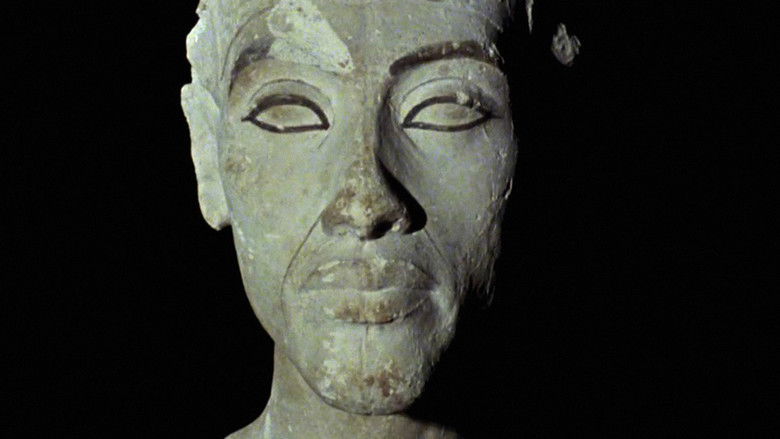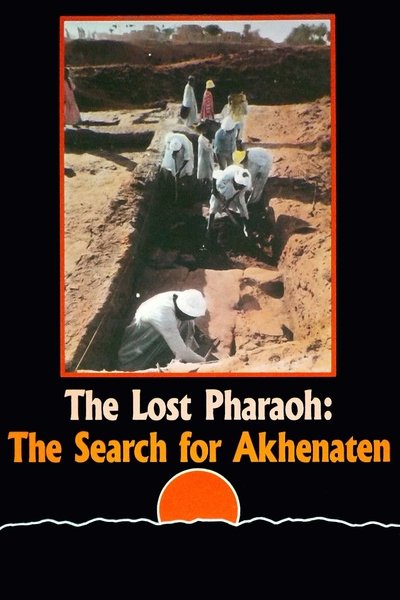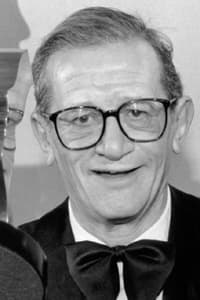The Lost Pharaoh: The Search for Akhenaten
Genres
Documentary
OverView
Ancient pharaoh Akhenaten was almost lost to history. Canadian archaeologist Donald Redford, who uncovered the foundation of one of the pharaoh’s many temples, attempts to finally piece together this great Egyptian ruler’s enigmatic story.
Others
Budget
$--
Revenue
$--
Status
Released
Original Language
English
Runtime
57 mins
Rating
0/10
Release Date
30 November 1980
Country
Canada


